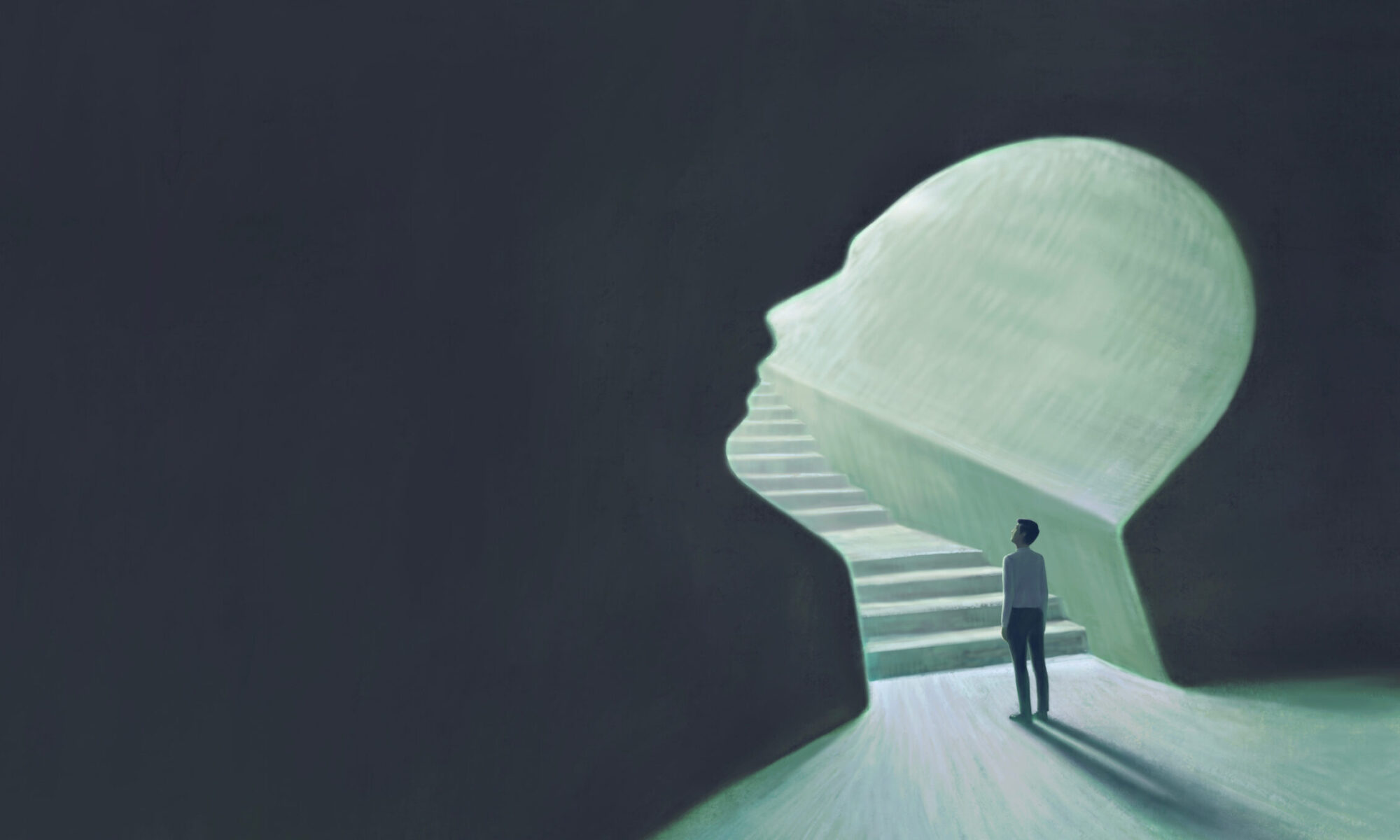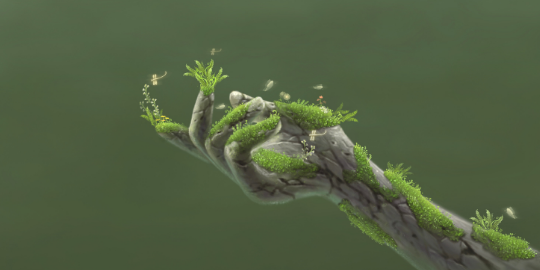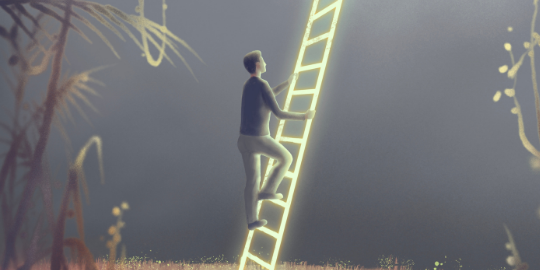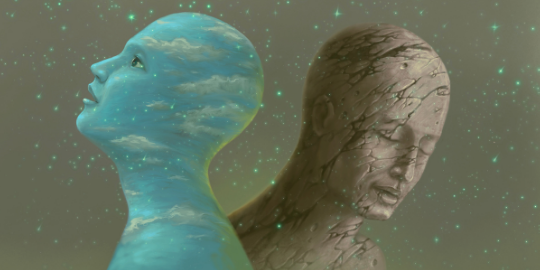Olivia Willoughby
- Co-host on Burnt Out educator
- 8th-grade art teacher
Olivia As Student
- Olivia’s father was in the military, so her family moved 10 times before she graduated.
- She describes school as being the scariest, yet safest, place.
- In many ways, the public school systems across the United States are very similar.
- This similarity and continuity gave Olivia the opportunity to connect with others, even if they themselves never moved.
- Additionally, it gave Olivia the comfort of knowing what to expect day to day, school to school.
“I was forced to not run away from my problems. How am I supposed to deal with my emotions if I can’t run away? I guess I’ll create.”
Olivia’s Path to Education & Art
- Throughout college, Olivia ran, dove, and took pottery classes while majoring in education and maintaining a 4.0
- During her sophomore year, she had to undergo two surgeries, one on each leg.
- These surgeries caused her to lose her outlet of running.
- School was hard and she describes herself at the time as being extremely anxious.
- At that point, she started making sculptures of her body parts as a way to process all she was going through physically and emotionally.
- Near the end of her college career, Olivia realized she’d rather teach art than Spanish.
- In the end, she decided to complete her student teaching in Spanish and take both the Spanish and Art tests to receive her teaching license.
“They decided I could do it. Then I decided I could do it. So first I thought I wanted to teach Spanish. Then that was not the case. I thought, okay, I want to teach art, but then I couldn’t do it exactly where I wanted to do it. And then, you know, all of a sudden, I’m doing it where I wanted to do, how I wanted to do it. And I’m teaching the subject I want to teach.”
Olivia As Educator and Student
- For various reasons, Olivia decided to pursue her master’s in education.
- As she prepared to start the program, she thought of it as a means to an end.
- However, her mindset quickly changed.
- Her professors assigned books she enjoyed and encouraged connection and discussion.
- While in undergrad, Olivia experienced a lot of fear of earning less than an A.
- Throughout graduate school, this anxiety alleviated.
- She realized, for the first time, that learning wasn’t about the grade.
- Instead, learning is about the material and personal growth.
- She learned to do the work of learning, rather than the work of turning in assignments.
Olivia’s Desires As Educator
“I wanted to be someone within the system that saw kids like me, who felt like they were going to be sick every single day, who were scared of being here, but also needed to be here and find a place through class… When I have kids like that, I want them to know that I’ve been there every single day of my life. And that sometimes as their teacher I still feel like that.”
- This ability to own something “shameful” induces a lot of surprise from the student
- Desires to seep the love of learning into her students, little by little.
- To retrain them that the grade isn’t what matters.
Why co-host Burnt Out Educator?
- This is the type of conversation, learning, and growing that we as humans strive to find.
- These conversations make us better and remind us what education was meant for.
- I want to honor the experiences of other educators and be seen in my experience.
- I’m happy to be part of a podcast that’s creating more human beings that know that they can be, and are human beings.
Beyond Healing Center
- Visit our website for all things BHC
- Contact us about retreats and therapy
- Contact us about training and consultation
Beyond Healing Media
- First, listen to our past episodes of BOE here
- Then, check out more Beyond Healing podcasts
- Give your support and gain access to exclusive content through Patreon
Interested in supporting a child?
- https://www.patreon.com/BurntOutEducator
- 100% of the proceeds donated to the Burnt Out Educator will provide therapy for a child in the public school system.
- Not therapy capped at a certain number, but an open-ended relationship with a highly qualified therapist in the BHC network.




